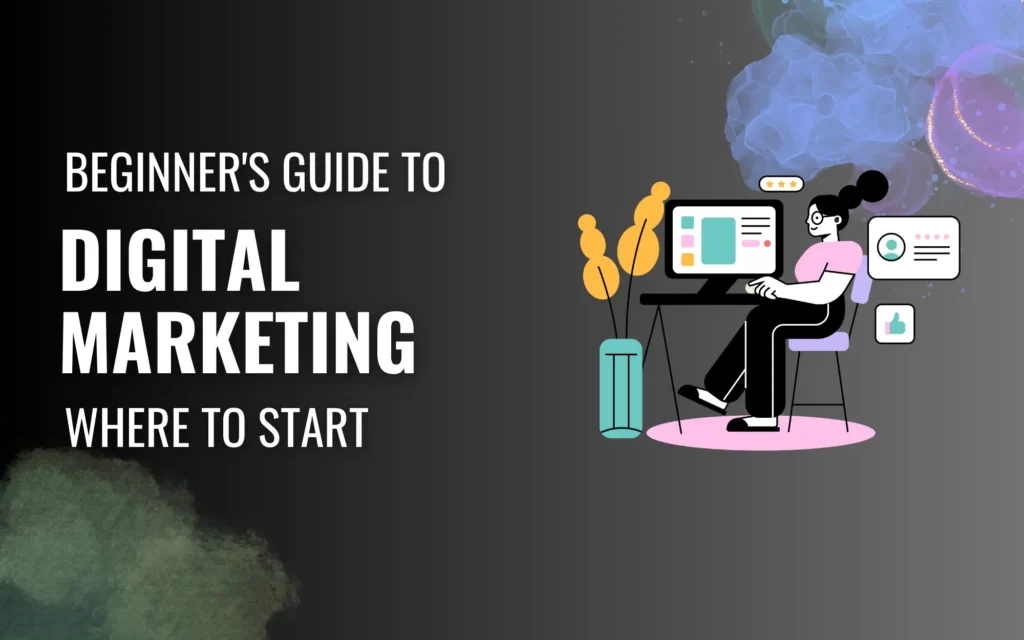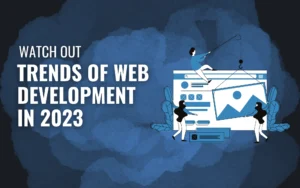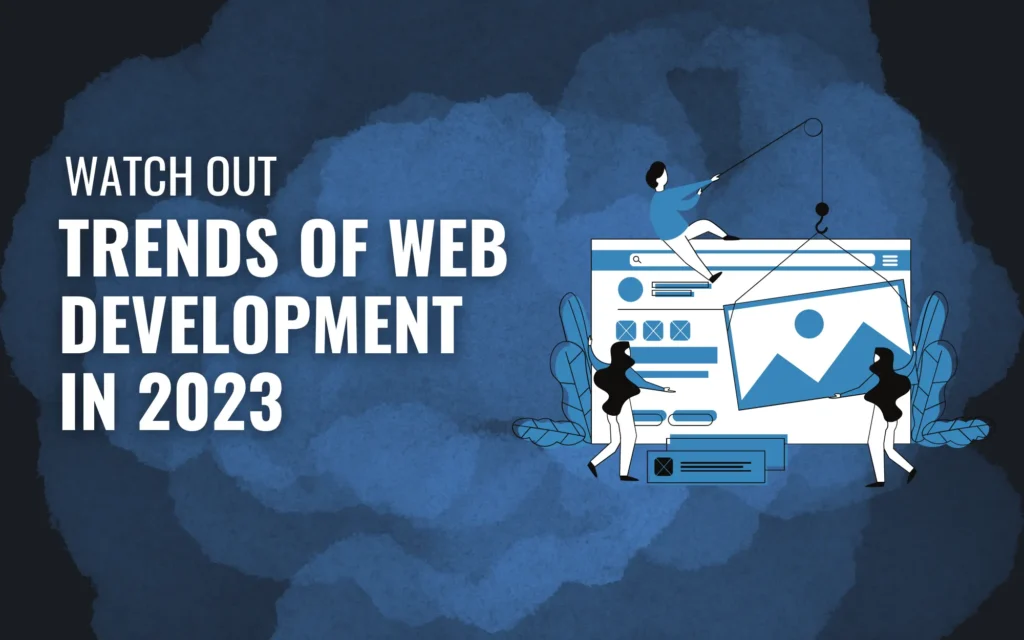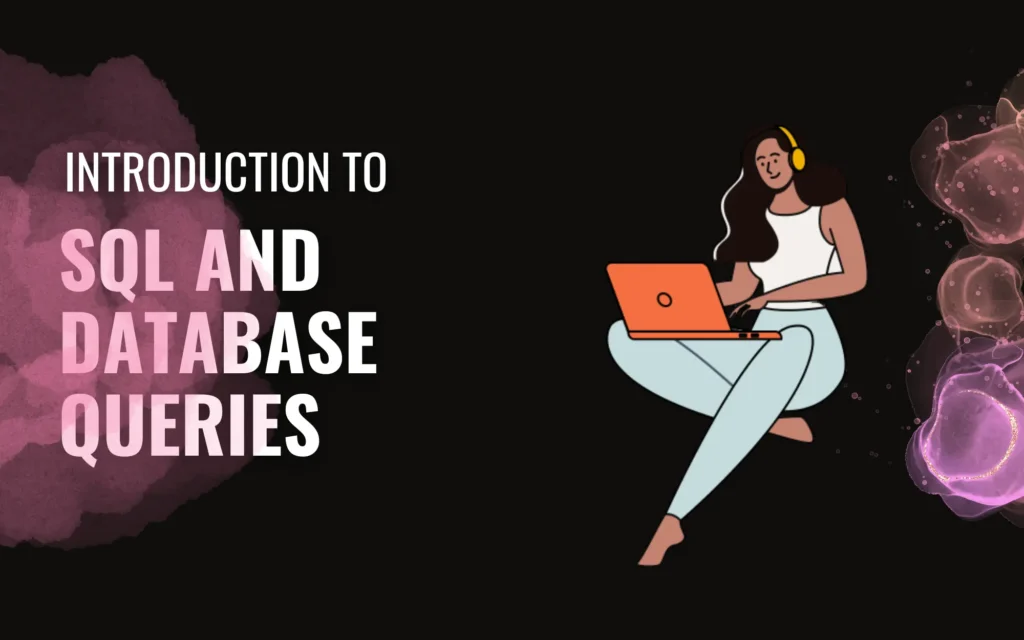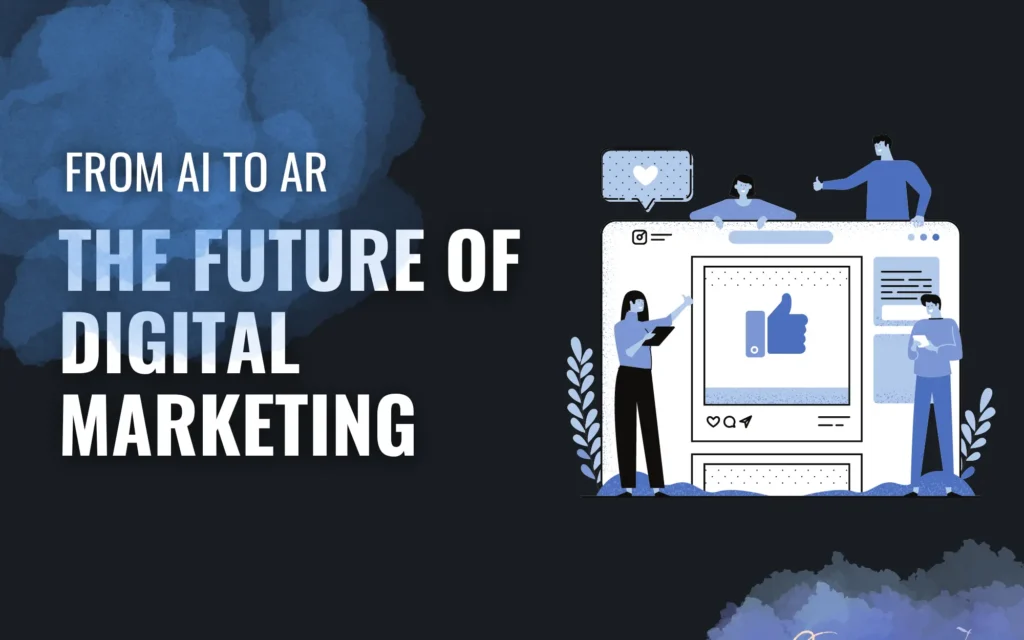Digital marketing has become an essential part of any business’s overall marketing strategy. With the increasing reliance on digital channels and the widespread use of the internet, it is crucial for beginners to understand the fundamentals of digital marketing. In this extensive blog post, we will provide a comprehensive beginner’s guide to digital marketing, outlining the key concepts, channels, and strategies to help you get started on your digital marketing journey.
Table of Contents
- Introduction to Digital Marketing
- Setting Your Digital Marketing Goals
- Understanding Your Target Audience
- Key Digital Marketing Channels
- Search Engine Optimization (SEO)
- Pay-Per-Click Advertising (PPC)
- Content Marketing
- Social Media Marketing
- Email Marketing
- Influencer Marketing
- Conversion Rate Optimization (CRO)
- Analytics and Tracking
- Building Your Digital Marketing Strategy
- Staying Up to Date with Industry Trends
- Conclusion

1. Introduction to Digital Marketing
Digital marketing encompasses all the marketing efforts that utilize digital channels to promote products or services. It includes various online marketing strategies such as search engine optimization (SEO), content marketing, social media marketing, email marketing, and more. The goal of digital marketing is to reach and engage target audiences through digital platforms and drive desired actions, such as website visits, lead generation, or conversions.
2. Setting Your Digital Marketing Goals
Prior to immersing yourself in the world of digital marketing, it is paramount to establish your objectives. What are your aspirations for your digital marketing endeavors? Typical aims encompass amplifying brand recognition, propelling website traffic, cultivating leads, elevating sales, or enriching customer interaction. By setting explicit and quantifiable goals, you will maintain your focus and effectively monitor your advancement.
3. Understanding Your Target Audience
To create effective digital marketing campaigns, you need a deep understanding of your target audience. Research and analyze their demographics, interests, online behavior, and pain points. This knowledge will guide your messaging, content creation, and channel selection, enabling you to tailor your marketing efforts to resonate with your audience.
4. Key Digital Marketing Channels
Digital marketing offers a wide range of channels to reach and engage your target audience. Here are some key channels to consider:
4.1 Search Engine Optimization (SEO)
SEO encompasses the process of enhancing the visibility of your website and content in search engine results by implementing optimization techniques. By optimizing for relevant keywords, creating high-quality content, and building authoritative backlinks, you can enhance your organic search rankings and drive targeted traffic to your website.
4.2 Pay-Per-Click Advertising (PPC)
PPC advertising allows you to display ads on search engines or other websites and pay only when someone clicks on your ad. Platforms like Google Ads and social media advertising platforms offer robust targeting options, allowing you to reach specific audiences based on their demographics, interests, and online behavior.
4.3 Content Marketing
Content marketing centers around the creation of valuable and pertinent content designed to captivate and involve your desired audience. This comprehensive strategy encompasses a diverse range of mediums such as blog posts, articles, videos, infographics, and various other forms of engaging content. By providing valuable information and addressing your audience’s pain points, you can build trust, establish thought leadership, and drive organic traffic to your website.
4.4 Social Media Marketing
Social media platforms provide excellent opportunities to connect with your audience, build brand awareness, and drive engagement. Identify the social media platforms where your target audience is active and create compelling content, interact with your audience, and leverage paid advertising options to expand your reach.
4.5 Email Marketing
Email marketing allows you to nurture leads, build customer relationships, and drive conversions. By creating targeted email campaigns, delivering personalized content, and utilizing automation, you can engage with your audience at different stages of the customer journey and drive them towards your desired actions.
4.6 Influencer Marketing
Influencer marketing involves partnering with influential individuals to promote your products or services. Identify relevant influencers in your industry or niche who have a significant following and engage with your target audience. Collaborating with influencers can help expand your reach, build brand credibility, and drive conversions.
5. Conclusion
Digital marketing provides a vast array of opportunities for businesses to reach and engage their target audience in today’s digital landscape. By understanding the key concepts, channels, and strategies discussed in this beginner’s guide, you can lay a solid foundation for your digital marketing efforts. Remember to set clear goals, understand your audience, and choose the right channels that align with your objectives. Regularly monitor and analyze your results to optimize your campaigns and stay up to date with the latest industry trends. Embrace the ever-evolving nature of digital marketing and leverage its power to drive success for your business.
FAQs (Frequently Asked Questions)
1. How long does it take to see results with digital marketing? The timeline for seeing results in digital marketing varies based on several factors, including your goals, industry, competition, and the strategies you implement. Generally, it takes time to build brand awareness and organic rankings. Paid advertising campaigns can generate immediate results, but optimizing and refining your campaigns over time will lead to better outcomes.
2. Is digital marketing suitable for small businesses? Yes, digital marketing offers significant advantages for small businesses. It provides cost-effective marketing strategies, allows targeted reach, and enables precise measurement of results. Small businesses can leverage digital marketing to compete with larger competitors and reach their target audience effectively.
3. How can I measure the success of my digital marketing campaigns? To measure the success of your digital marketing campaigns, you can track key performance indicators (KPIs) such as website traffic, conversions, click-through rates, engagement metrics, and return on investment (ROI). Utilize analytics tools like Google Analytics to gather data and gain insights into the effectiveness of your campaigns.
4. Do I need to be tech-savvy to excel in digital marketing? While having technical knowledge can be beneficial, you don’t necessarily need to be extremely tech-savvy to excel in digital marketing. Many platforms and tools offer user-friendly interfaces and provide extensive documentation and support. Focus on learning the fundamental concepts, staying updated with industry trends, and experimenting with different strategies to gain practical experience.
5. How can I stay up to date with the latest digital marketing trends? Staying up to date with digital marketing trends is essential for success. Follow industry blogs, subscribe to newsletters, join relevant online communities, and attend webinars or conferences. Engage in continuous learning and be open to testing new strategies and technologies to stay ahead of the curve.

